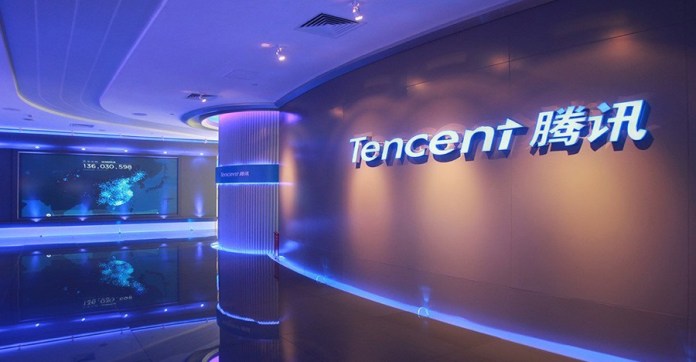Tencent is creating a self-driving car team in Silicon Valley, in what appears to be the most recent indication of a Chinese technology giant venturing into new fields as its conventional growth engines come to a standstill.
Recently, the firm, which is behind popular social media platform dubbed WeChat, posted an ad on LinkedIn looking for self-driving researchers and specialists in the United States.
The vacancies require professionals to work with “cutting-edge technologies in machine learning”, particularly in its abroad self-driving technology development.
“As a Chinese company which is pursuing new markets and growing rapidly in the US, we maintain an entrepreneurial spirit and open mindset,” said Tencent in the recently-posted job advertisement.
In spite of investing in several vehicle companies in the recent past, the group purchased a 5% stake in Tesla for a whopping $1.78 billion.
Bear in mind that Tencent only joined the competitive Chinese self-driving vehicle market last year, when it rolled out an initiative to join forces with Guangzhou Automobile Group to create Internet-linked “smart cars” with artificial intelligence-powered driving.
Both Alibaba and Baidu have both been in the front row seat when it comes to the self-driving race in China.
Aside from both technology giants’ autonomous in-car systems, the companies have unveiled autonomous car tests in the biggest automobiles’ market globally.
“Tencent is the latest among its competitors to come to the battlefield”, said Yale Zhang, who is the head of auto consultancy company AutoForesight.
Even though Tencent entered the autonomous driving market late, it is convinced that it can still be successful in the competitive field.
“Autonomous driving is a must [for tech companies], because this is where these companies’ future lies,” asserted Mr. Zhang.
Navigant Research, an advisory firm involved in studying auto technology, revealed that Google’s autonomous driving unit Waymo, GM and Volkswagen still make up the leading companies in autonomous driving technology globally.
Baidu was the only autonomous technology developer in China to take part in the research released by Navigant Research back in January.
Mr. Zhang maintained that the road conditions in China “require specific attention and global leaders don’t necessarily thrive” in the nation.
“Only technologies developed in China can suit the unique traffic here,” added Zhang.
BMW, Mercedes-Benz, and Audi make up three of the biggest car manufacturers in Germany.
All these companies have embarked on testing self-driving cars in China.
Google’s Waymo has also set up a completely-owned Shanghai-based subsidiary with a team of researchers in a bid to spearhead its efforts to venture in China’s crowded autonomous driving market.
Based on the information provided by the minister of industry and information technology in China, the Chinese market of “smart network vehicles” is expected to hit over Rmb100 billion by 2020.
Tencent ’s endeavor to enter the self-driving market comes at a challenging duration for the group, whose share price has dropped by almost a third since January.
The firm’s share price dropped considerably in August, especially when the Chinese government proposed the potential for technology groups to make some money through developing new video games.
The government also limited the duration that children spend online playing games due to the concerns regarding the increased rate of short-sightedness in the nation and the addictive nature of such games.
Source: Reuters




















